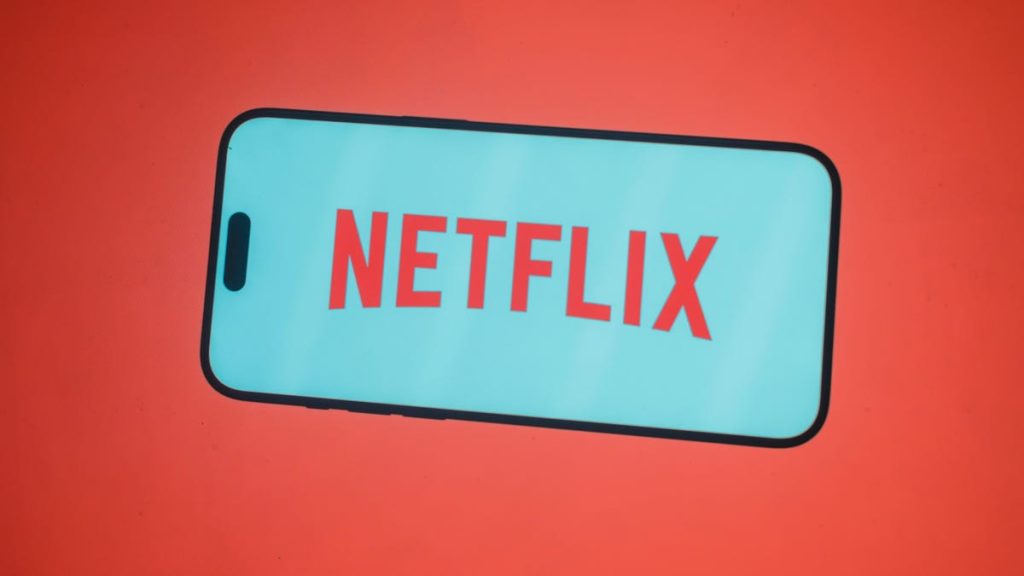Selecting a VPN for streaming Netflix involves considering factors such as the number of international content libraries it unlocks. Most servers in countries like the US, UK, Canada, South Africa, Romania, and Australia work well, but servers in certain countries may not show geo-specific content. In addition to Netflix, consider other streaming services like BBC iPlayer, Hulu, Disney Plus, YouTube TV, and more that you may want to unblock with a VPN.
The server network of a VPN provider is crucial for unblocking international Netflix libraries. VPN companies like NordVPN, ExpressVPN, and Surfshark offer servers in 100 or more countries, providing a wide range of options. While not all servers may grant access to global Netflix content, multiple servers in specific countries allow for experimentation to find a successful connection. Device compatibility is another key consideration, with most VPNs offering applications for various devices including Windows, MacOS, Linux, Android, iOS, and Android TV.
Speed is an important factor when choosing a VPN for streaming, as a reliable connection is necessary for high-definition and ultra-high-definition streaming. Look for a VPN that minimally impacts internet speeds to ensure a buffer- and lag-free experience. Privacy is another significant aspect, with many users utilizing VPNs for additional privacy and security. Features such as AES 256-bit encryption, a kill switch, split tunneling, and a strict no-logs policy can enhance privacy and protection while online.
Subscription pricing varies for VPN services, with options for monthly, bi-annual, yearly, or multi-year plans. Prices typically range from $40 to $100 per year, with the most savings being offered for longer commitments. It is advisable to opt for an annual plan to maximize savings and avoid potential price hikes that may occur during auto-renewals. Pay attention to the checkout page when purchasing a VPN and take advantage of any early renewal discounts to ensure a cost-effective subscription.
In addition to entertainment purposes like streaming video and gaming, VPNs are also used for increased privacy and security online. Connecting to a VPN changes the perception of your location by apps, websites, and internet service providers, offering an added layer of anonymity. For individuals seeking advanced privacy features, options like double VPN, multihop, Tor over VPN, and RAM-only servers may be desirable. Prioritizing the protection of personal data and online activities can enhance overall security while using a VPN.
Ultimately, choosing a VPN for streaming involves weighing factors such as server network, device compatibility, speed, privacy features, and pricing. By carefully considering these aspects and selecting a VPN that aligns with your specific needs and preferences, you can enjoy seamless streaming experiences while safeguarding your online privacy and security.


